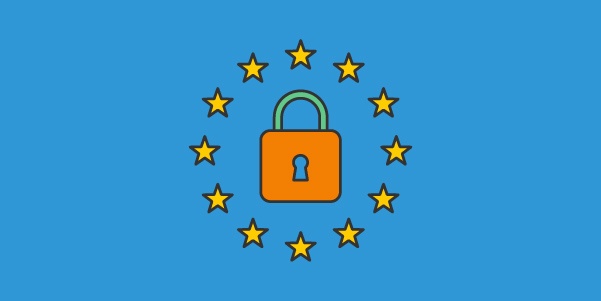In the movie Field of Dreams, a mysterious voice tells Kevin Costner's character, "If you build it, he will come". If the 'he' is a business you're trying to get as a customer, that voice has basically just described B2B inbound marketing.
Modern audiences, both B2B and B2C, are tired and suspicious of the traditional forms of marketing. Everyone claims to be an expert and has something astounding to sell. People are being bombarded every day with ads, emails and other marketing messages, most of which they don't want.
But what people are willing to do is actively look for material that's relevant to what they want and need. This is why a lot of B2B businesses have moved from 'push' to 'pull' marketing: identify your prospective targets, offer them something useful and valuable to bring them to you, become a trusted source and use that opportunity to convert prospect to customer. It fits how B2B customers already research new suppliers.
So what channels might you use to bring these prospects in and build that relationship? The classic inbound approaches employ search engine optimisation (SEO), social media, blogs and regularly updated web pages to create the initial attraction. This may look like content marketing (the latest industry buzzword), but that's only one part of inbound.
The role of content here is to get your targets interested in coming to you. The good news is that they're already interested in the subject matter, because otherwise they wouldn't be searching for it online. A regular stream of new, useful and (hopefully) intriguing content will keep your search rankings up and position your business as a trusted advisor.
Yes, you’re offering this content for 'free' - but in return you can ask for contact details (through calls to action or forms) and email addresses. Your case studies, social networking, articles, white papers, webinars and blog posts all serve to build a list of warm contacts that you know actually have some interest in what you're up to.
It's really about lead generation and conversion - and data has shown that this is where B2B inbound marketing excels. HubSpot's State of Inbound Marketing 2013 report found that the average cost per sales lead and average cost per customer were both lower among companies that did inbound marketing; and that inbound channels generated 54% more sales leads than traditional outbound marketing.
B2B businesses are actually ahead of B2C when it comes to inbound marketing. It's certainly not just consumers who search online for products and services, and content such as webinars and case studies will invariably be far more valuable in a B2B environment. Attract targets with new ideas and blogs; inform them with 'how to' guides and white papers; and then give them reasons to choose you with case studies and editorial. Plus, of course, keep existing customers delighted with content aimed at them, too.
B2B inbound marketing is effective, measurable and means you're only targeting relevant and already interested customers. If you build it, there's no doubt at all that they will come.








